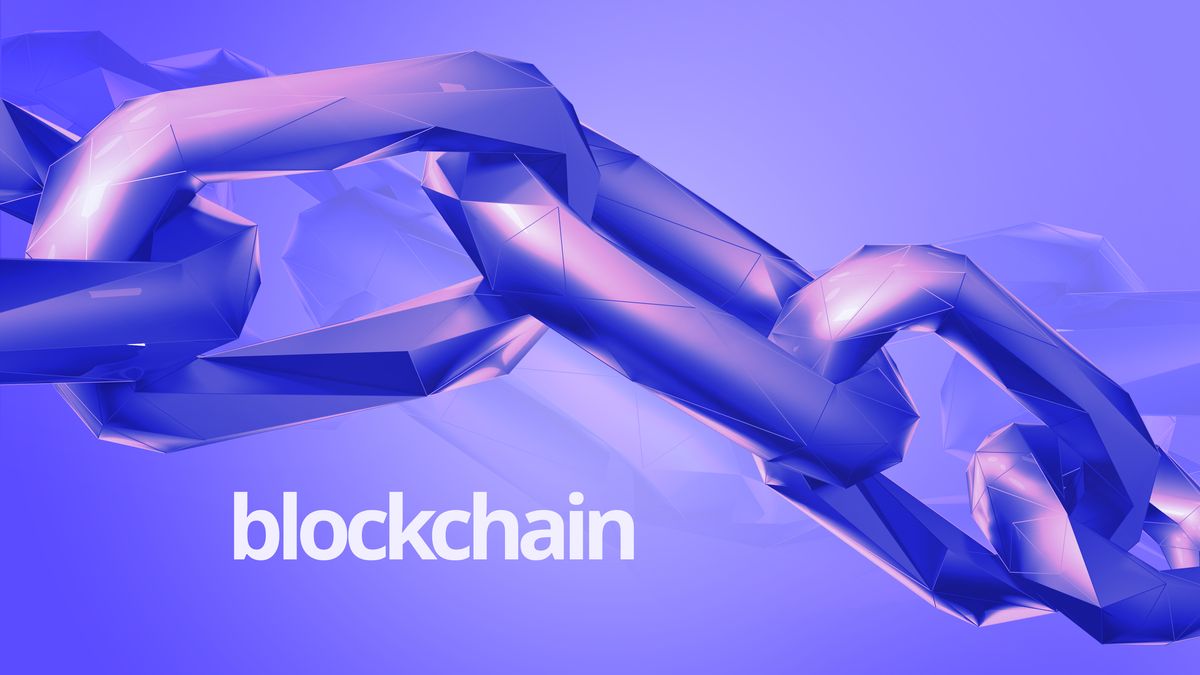Blockchain technology – a chain of blocks – is used to store and transmit information about transactions on the Internet, which are arranged in the form of successive blocks of data. It is used or will be used in the future by the logistics specialists of Volkswagen, for example.
In the automotive sector, the transparency of the supply chain can be a big problem. Traditional controls of operations pose a number of challenges, cause delays and generate substantial costs. Meanwhile, the supply of raw materials, especially those that are difficult to procure, is essential for efficiency. Blockchain can help with that.
Volkswagen AG tests blockchain systems (using IBM solutions) to track the mineral supply chain. This includes, for example, mineral cobalt, which is used in the batteries of Volkswagen electric vehicles. Blockchain allows for close monitoring not only of its origin but also of its production, storage and transport. This helps to meet the requirements of compliance of the materials and raw materials used for production with the quality requirements.
Optimisation of supply chains, elimination of error sources, guaranteeing social and environmental standards – these are the key objectives of cooperation between the Volkswagen Group and Minespider. A blockchain-based pilot project for the lead supply chain has been developed. In this case, too, the technology will make it possible to track the raw material using digital certificates. The programme covers individual stages, from the mine or recycling source to suppliers and sub-suppliers, who supply more than two-thirds of the total number of starter batteries used by VW.
The solution developed by Minespider is a proprietary protocol built on a public blockchain unit.
The architecture has three layers to guarantee full security of sensitive data. One protocol layer contains publicly available information, the second layer contains private blocks of data that cannot be changed later, and the third layer is an encryption layer.
The advantage over the private blockchain is that everyone – from suppliers and sub-suppliers to those directly responsible for raw material extraction or recycling – works with one system, even if there are actually several simultaneous supply chains. This creates a common digital infrastructure that enables a transparent exchange of information.
Digitalization provides important technological instruments that enable us to track the path of minerals and raw materials in cross-border supply chains in ever greater detail. Together with Minespider, we will use blockchain technology to make our processes more transparent and secure,” comments Marco Philippi, Head of Strategy for Volkswagen Group Procurement.
“We are witnessing a transformation of global supply chains, companies have a right to know that their suppliers act responsibly, and thanks to blockchain, we finally have the tools to prove it,” adds Nathan Williams, CEO of Minespider.
Cryptographic blockchain technology also has the potential, e.g. in the field of solutions protecting odometers against tampering. Benjamin Sinram and Nicolai Bartkowiak of the Volkswagen Group are working on this. “Blockchain also offers plenty of possibilities for autonomous vehicles. It can help protect sensitive data from manipulation and allow the vehicle to pay for itself, e.g. when charging batteries or using a car wash,” explains Nicolai Bartkowiak.
Learn about the breakthrough technology and capabilities of blockchain here:












